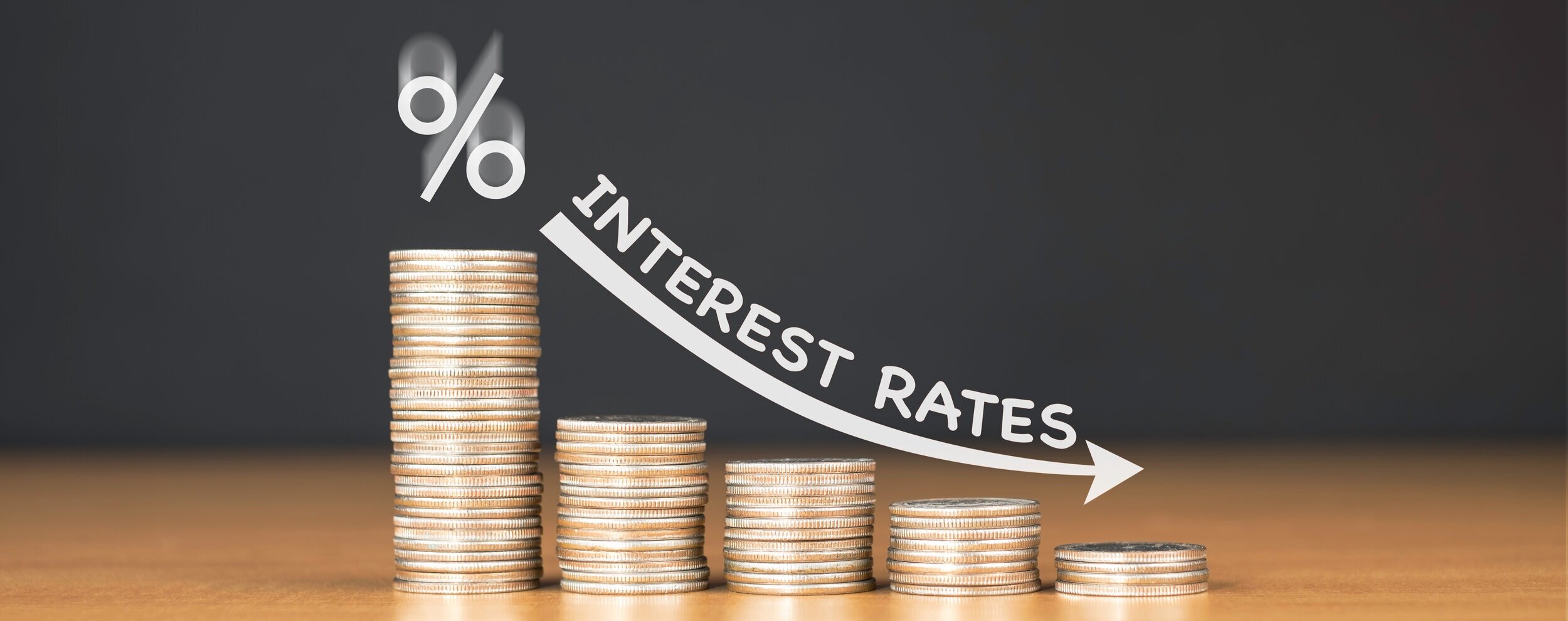What would negative interest rates mean for you?
A few weeks ago, Dean spoke on Free Advice Friday about the limits on cash transactions governments across the world are starting to put in place and some of the rationale behind it.
This week we are digging into the detail to ask just what might happen in a world with negative interest rates.
Negative interest rates
In ‘normal’ circumstances, we would expect to see higher interest rates in an economy with strong wage growth and low unemployment. Whilst the global economy has rebounded from the lows of the Global Financial Crisis in 2008/09, things aren’t exactly back to ‘normal’. Across the US, Australia, New Zealand and other developed nations, interest rates remain low - the cost of borrowing is still very cheap.
This has got bodies such as the International Monetary Fund (IMF) worried. The ability for central banks to cut interest rates during economic downturns is one of their biggest tools and there is now little room to move if times get harder.
The concern now is, if there is another major economic downturn – will central banks have to consider negative interest rates?
The implications
What would negative interest rates mean for you? Firstly, keeping your money in the bank would cost you. Instead of gaining interest on your savings each month, you’d be paying the bank just to keep it there (whilst it loses value).
Logically in such a scenario we would see a run on banks with everyone withdrawing their cash. This is where law changes such as what is being proposed in Australia comes into play. By limiting cash transactions to a maximum value of $10,000, any major spending will have to be done through the banking system – keeping money in the banks.
Whilst the Australian changes have been done to target money in the black-market economy, the IMF and other bodies certainly see benefit in such laws to prop up the banking system.
This would bring consumers to a new (and unprecedented) situation. Do you pay a bank to hold your money, or go out spending? Would this create enough incentive to turnaround an economic downturn? The reality is no-one knows.
What to do
Firstly, it’s important to have a reality check here. Boom and Bust cycles are the norm, and investors that make decisions at the peak of either are rarely better off – it’s the long-term game plan that matters. Whether we see negative interest rates at this stage is entirely speculation!
Secondly, it pays to review your current assets and investments. If you’re heavily invested in cash yet a long time off retirement or purchasing your first property, a market portfolio may be a more suitable investment. Such an investment remains liquid (it can be converted to cash relatively easily) and has outperformed cash dramatically over the past 10 years (look here to see the numbers).
If you’d like to have a no obligations chat about your investment options and allocations, we are here to help! Send us an email to info@foxplan.nz to book a time with one of our advisers.

